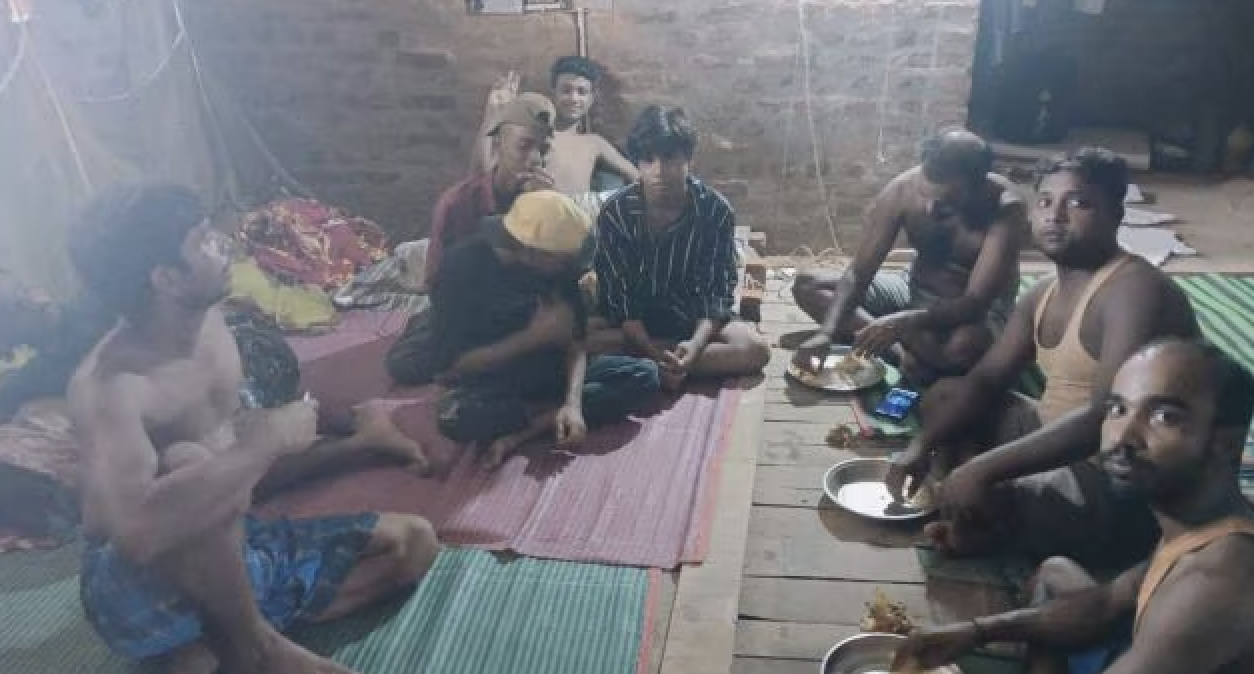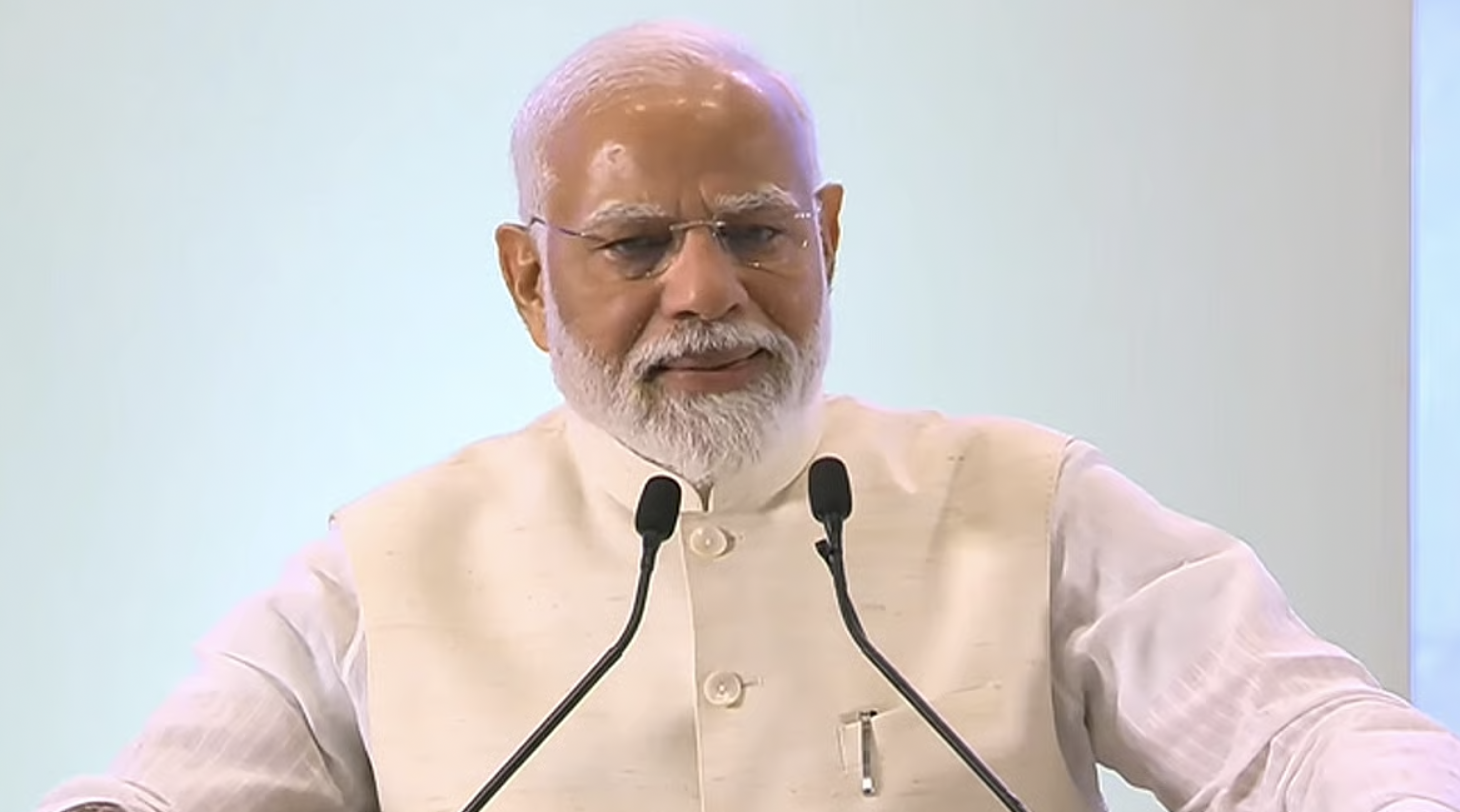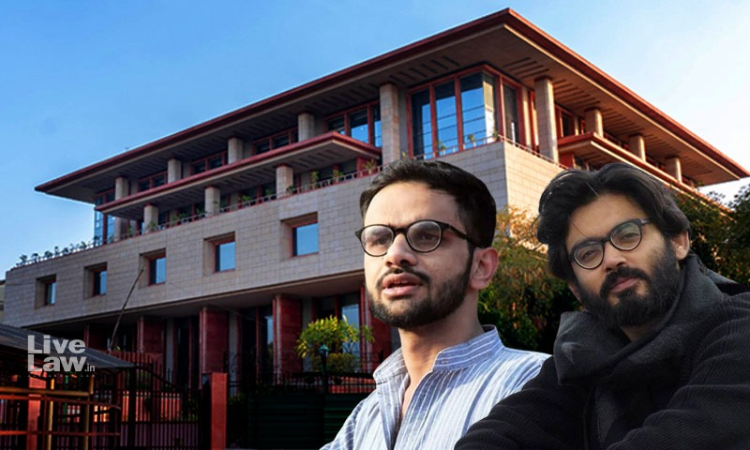
A version of this piece was first published on The India Cable – a premium newsletter from The Wire & Galileo Ideas – and has been republished here. To subscribe to The India Cable, click here.
For long, the Congress has called the Aam Aadmi Party (AAP) as the ‘B team of the Bharatiya Janata Party (BJP)’, pointing to its strategy of entering elections in those states where the two are direct competitors. This may be far-fetched, given that the AAP is merely exploiting a gap, but on another front, it has begun to sound like the Hindutva-oriented BJP, with its divisive agenda of hyper-nationalism and excessive focus on religious identity.
In 2020, Arvind Kejriwal, the chief of AAP, declared himself as a ‘Hanuman Bhakt’. This was seen as a bid to counter Congress leader Rahul Gandhi, who too was leaning towards ‘soft Hindutva’.
Since then, he has introduced classes for ‘patriotism’ in Delhi government schools. He has refrained from openly criticising the government’s policies or offered support to the protesters against the Citizenship Amendment Bill by people who were Delhi residents. Recently, he walked out in a huff when Sikhs asked him for his views on the removal of Article 370 in Jammu and Kashmir.
Nor is he just limiting showing off his own and his party’s Hindu credentials. The Delhi government has installed a temporary model of the proposed Ram Mandir at Ayodhya, where a puja will be held in the presence of Kejriwal, his cabinet members and their families along with a sound and light show on Diwali. He will know this is “unconstitutional”, since governments are not supposed to do this, but he doesn’t seem to care.
From Delhi to Goa
Now comes an even more startling move in Goa, where AAP is trying to make an entry. Kejriwal declared that if his party was voted to power, it would send Goans on free religious pilgrimages to their supposed holy centres. Soon memes and jokes sprung up about why Buddhists, Parsis and even agnostics were left out. But this is no laughing matter – it is a downright, divisive move that privileges religious identity over the constitutional one of equal citizenship, something that the BJP and the Sangh parivar have been trying to do for years.
An Indian is an Indian first, not a Hindu or a Muslim or a Christian or a Sikh. India’s diversity is its strength, and these kind of remarks try and negate it and create divisiveness. We have seen the devastating effects of such pro-active polarisation during and after Partition, when hatred sown by politicians resulted in the killings of a million innocents; it took years for India to settle down to equilibrium. Jawaharlal Nehru and other leaders worked hard to restore harmony – today’s establishment is actively promoting sectarian policies, with their statements and even through legislative policies. What is the Citizenship Amendment Act if not a cynical attempt to render millions of Muslims as non-citizens?
At this time, it is the bounden duty of the Opposition parties to promote secular policies. Unfortunately, all but a few are failing at this task, indeed falling for the trap of ‘majority appeasement’, making Muslims and other minorities feel fearful. In Uttar Pradesh, Yogi Adityanath has gone on a rampage against Muslims and his followers are loving it; he is not doing it just to win an election — this is his government’s policy and if he comes back to power, there is no saying what else horrors he will inflict.
Among the other states, Goa is a relatively peaceful society, where Hindus and Christians and other minorities have lived together for a long time. They are all united by a unique sense of Goanness, which is more than drinking, dancing and dozing, as the cliched tourist brochures so offensively put it. Villages are a mix of every community and many festivals are celebrated by all. Their cuisine are different but similar. They are generally happy with their lifestyle and are equally upset at the boorish tourists who flock there every holiday.
Lately, signs of aggressive Hindutva are manifesting themselves; the BJP so far was careful, even letting beef be imported into the state, but now has gone into overdrive as part of its election strategy. At such a time, when other parties should be careful Arvind Kejriwal has decided to stir the communal pot.
Kejriwal had won over a cross section of supporters in Delhi, ranging from auto drivers to the upper class liberals, mainly because of his anti-corruption and development agenda. It paid off and he has won successive elections, highlighting his government’s work in education and health. There was not a whiff of his sympathies for Hindutva or overt-nationalism; this is thus a surprising and shocking turn. For his hardcore supporters, he can do no wrong — they might even argue this is his strategy to undermine the BJP!
But the accusations that AAP is a Trojan horse and actually doing the BJP’s work are now beginning to sound plausible. His repeated assertions show that he is no longer doing it as merely vote winning tactics but flaunting it as his policy — this will play out in the 2024 Lok Sabha elections. We don’t know whether this late political entrant to Goa will succeed there, but the contours of what Kejriwal and his party stand for have become visible — he is a fellow traveller of the BJP and the larger Hindutva parivar and this will now become his brand, unless he stands up and positively declares himself as opposed to that kind of communalism.
This story first appeared on thewire.in






